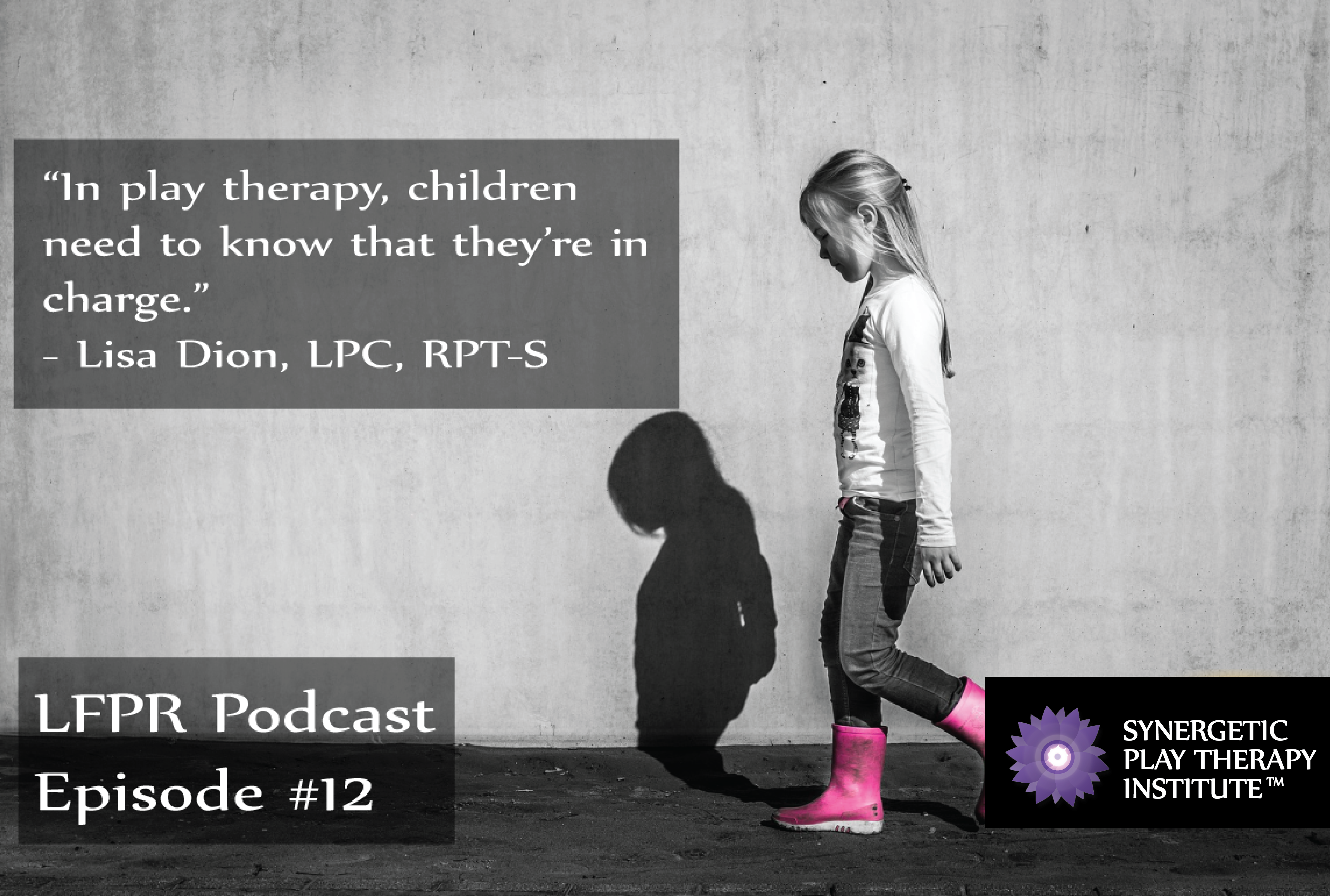When a Child Says They’re Done in the Session
A child wanting to end a session early can rattle even the most seasoned therapist. So how do you handle the situation? In this podcast, Lisa Dion discusses how to recognize flooding, return a child to their window of tolerance, and why ending a session doesn’t need to end the relationship.
1:08 What do you do in the middle of a session when a child says they’re done?
1:27 How do you make this moment therapeutic?
1:40 Lisa introduces Kenzie and Chelsea, two play therapists taking part in this discussion
2:30 What are the different ways children tell the therapist they’re done?
3:32 There are many reasons why a child may want to leave
3:45 What is the significance of “flooding”?
3:50 How do we keep children in their window of tolerance?
5:11 Children set boundaries by telling you how they feel
5:25 Sometimes, a child explaining that they’re done is a beneficial sign
7:06 Being “done” may be nothing more than a sign a child needs a break
7:26 How can a therapist be mindful in their response?
8:49 Every kid is different and requires different reactions
9:30 How to work with kids who leave the playroom early
10:23 Working with children is a two part process
11:09 Ending a session doesn’t mean ending the relationship
11:33 Often, kids just need a shift before coming back in
15:10 What happens when a child refuses to return to therapy?
16:00 Why is putting a number on “sessions left” a setup?
17:11 The importance of conveying trust to a child
19:07 A child wanting to stop doesn’t have to mean you did something wrong as a therapist
22:10 Treating the parents the way you want the parent to treat the child





